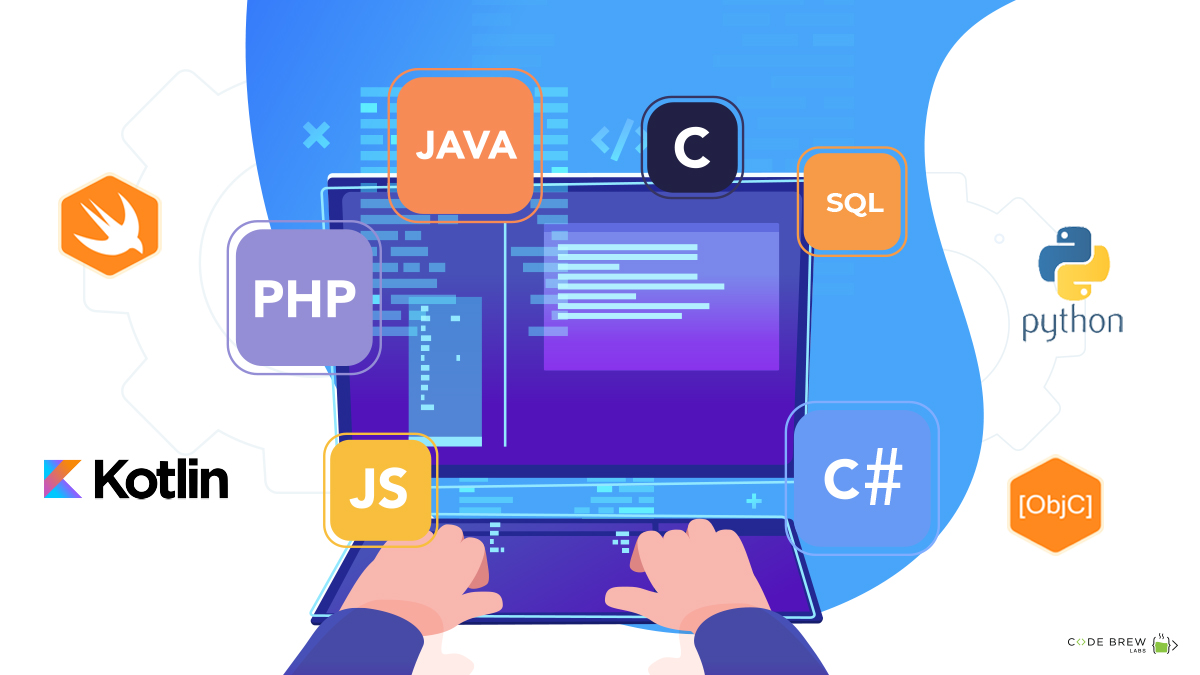The pace at which Cloud computing is growing has caught everyone’s attention. The size of the cloud computing market in 2017 was $130bn. In 2018, the market is expected to grow by approximately 21% over the 2017 levels. In a ripple effect, the pressure keeps piling on the business and enterprises around the world to deliver more. Increased customer expectation and efficiency have become the new building blocks on which CIO’s have to draw up their gameplan. By 2020, all the IT enterprises are expected to become fully cloud-based. That clearly implies the investment in Cloud is only going to go further up.
So, in this imminent storm of Cloud, how should businesses be preparing themselves? Well, knowing what awaits us with Cloud’s popularity is a good place to begin with. Following are 4 of the key trends that can play a huge role in the Cloud landscape come 2019:
1. Hybrid Based Cloud Solutions To Go Mainstream
Migrating everything on to a cloud is no easy task. So, until recently, businesses really had only options: either they keep all IT services offline in a physical storage or putting everyone on the cloud.
And that’s the biggest challenge for most IT organizations presently. But there’s help at hand and it’s called Hybrid Cloud. The sheer efficiency and flexibility is the reason why it’s tipped to become the next major computing platform. Hybrid Cloud has all the solutions to the diverse needs of modern businesses. It’ll offer companies that are risk-aversive and with limited capital a chance to surpass their present computation abilities.
A recent survey found that to fully leverage a business’ computing power, it requires at least six different clouds. Now, these can be a mix of public, private or multi-vendor cloud systems viz. AWS, IBM and Google. When the cloud adoption rate inevitably goes up, the businesses will have to do their homework on every cloud service and figure out what combination would best serve their requirements.
2. Cloud Services To See Exponential Increase

The popularity of Saas, PaaS, and IaaS is definitely going to increase even more. All that’s down to the simplicity that Cloud has to offer. The most obvious outcome in that scenario appears to be cloud infrastructure becoming the default web server environment and in turn a powerful force to change the dimensions of both the local and multinational firms. Open source developers have also got very close to creating tools that can be run on the cloud. Once that’s made a possibility, the number of applications like Docker will see increased demand and popularity. All that is bound to maximize the total cloud revenues.
3. Quantum Computing – The Next Big Thing

A couple of years ago, IBM introduced to the world a quantum computer called – 5 quantum-bit (qubit), more commonly known as IBM Q Experience now. At the time, it looked nothing more than a fancy tech. To say it would be quite handy for researchers to get things done would not have been taken seriously. A closer look, however, reveals a different story. Close to 70,000 users globally registered for it back then and that number has increased four times now. The tech-behemoths like Microsoft, Google and Intel are all engaged in a quest to deliver the industry with the top-notch abilities. Weather predictions, intelligent AI predictions, seamless data encryption and finding solutions to complex medical problems are all the challenges we still need to surpass. The argument for implementing quantum computing is quite strong. It’s tipped to carry out tasks faster and beyond the capabilities of today’s most powerful supercomputers. Just look out for Quantum when it takes the center-stage.
4. Security Becomes Vital
As is the case with most things, technology has two sides to it. In one way it will give us real power to change the world, in another, it always remains prone to security breach. The benefits of Cloud are trumpeted around the world and for most businesses it has become an easier decision to embrace Cloud. But not many consider its security implications. With the introduction of the GDPR – General Data Protection Regulation, the emphasis on security concerns has gone even higher. Gartner makes a telling prediction – 99% of all vulnerabilities to be faced by IT Enterprises in 2020 will relate to security concerns. As early as 2019, small businesses could find themselves threatened with the likelihood of data-theft and an inability to keep up with the GDPR’s guidelines.
Final Thoughts
Just a cursory observation reveals that about 83% of all the businesses’ IT services will be on the Cloud. Of that, 41% of the workload would be borne by public clouds, while 22% by the hybrid cloud. For all the praises we shower upon Cloud computing, we mustn’t forget that with its tremendous benefits, it will bring its fair share of concerns. Security looks to be the most challenging obstacles, particularly for small-scale businesses. There’s no doubt, the Cloud experts will make advances to ensure everyone is playing on a level-field and that the advantages aren’t for a limited few to be reaped.






